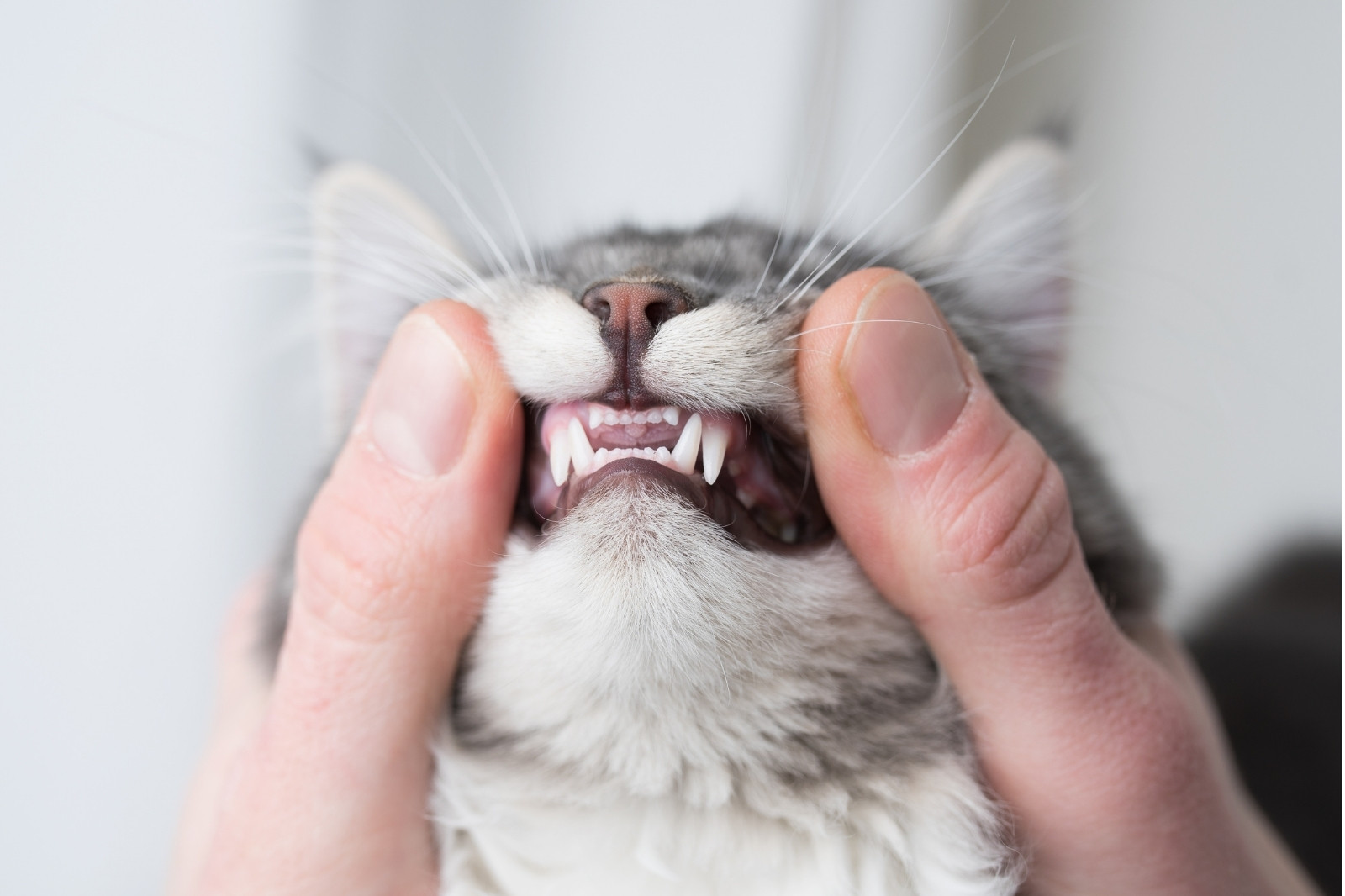Human teeth are made to break down the meat and eat plants. In fact, the hardest substance in your body is the tooth enamel. On the other hand, animals have specific teeth quantities, sizes, and shapes based on what they eat. For instance, grazing animals have strong flat teeth while predators have pointy and sharper teeth.
That said, teeth are based on the basic concept of breaking down food for consumption. As a result, you must take care of this critical part of your body. Unlike animals who cannot floss or brush their teeth, humans can take all the proper measures to eliminate plaque. The best way to maintain healthy teeth is to see a dentist regularly at Upper Hunt Club Dental Centre in Ottawa. Below are the differences between animal and human teeth and the oral care required.
Different Animals Have Different Types of Teeth
Human teeth differ from herbivores and carnivores, as outlined below.
Carnivores
Carnivorous animals feed on the flesh and meat of other living creatures. Carnivores hunt their prey and use their teeth to kill these creatures. They exclusively eat meat because their digestive system can't digest plants. Some carnivorous animals include lions, vultures, dolphins, wolves, and more.
Carnivore's teeth are sharp and incisor-like and have pointed canines to shred into the flesh of their prey. They also have sharp molars for slicing meat before swallowing the huge chunks. The molars may be fewer than other animals because the front teeth chew more.
Herbivores
Herbivores are the animals that eat plants. The digestive system of these animals can digest almost all plants, including leaves and grass. They can graze the entire day since they derive their energy from plants. Herbivores' teeth have wider and flatter molars for grinding grass, branches, and seeds. They use the front teeth to clip stems and leaves, then chew using molars. Most herbivores have more molars than humans. Examples of herbivores include sheep, giraffes, elephants, beavers, deer, and kangaroos.
Omnivores
Omnivores eat both plants and meat, which also includes humans. Some omnivores hunt for their food while others scavenge. Omnivores have a mixture of sharp teeth at the front to cut and gnash and flat teeth at the back to grind and smash.
What Makes Human Teeth Different?
Although humans are omnivores, it doesn't mean you have the same teeth as pigs, bears, raccoons, dolphins, piranhas, and more. Human teeth are much more evolved to suit your diet and eating habits. You use canines and incisors to rip and bite, while using molars to grind food.
Other differences between human teeth and animal teeth include:
• Humans get only two sets of teeth, whereas some animals like beluga whales get one set, and sharks get multiple sets in their lifetime.
• Adult humans have a maximum of 32 teeth, while other animals can have way more than that. For instance, a dolphin has 250, and a horse has 44.
• The primary objective of human teeth is to break down food, but animals can use theirs for other things like attacking, defending, and hunting.
Animals That Have Similar Teeth to Humans
Notably, some animals have teeth similar to humans in terms of numbers, appearance, Diphyodont conditions, or Heterodont conditions. Some of these animals include:
Moose
Moose is related to the deer family found in Canada and the US. These animals have 32 teeth like humans. However, they have differently shaped teeth, and their upper jaw has none.
Gorilla
Gorillas and humans have the same number of teeth. However, gorillas have stronger and larger teeth due to the coarse vegetation they eat. For instance, they have sharper and longer canines by about two inches than humans.
Sheepshead Fish
Convict fish or sheepshead are mostly found in North America and have human-like teeth. You can notice these teeth on the front jaw due to the prominent incisors. The lower jaw has two molar rows, and the upper jaw has three molar rows.
Caring for Your Teeth
Although some animals have almost similar teeth to humans, your teeth deserve better care. Keep in mind that humans and animals have different diets. For instance, you are exposed to refined sugars and processed foods. Sugar, in particular, is a significant cause of tooth cavities and decay. Therefore, you should schedule regular checks with a dentist at a dental centre in Ottawa every six months to ensure you maintain healthy teeth and gums.
The Upper Hunt Club Dental Centre has a dedicated team to help you maintain good oral health. Contact us today to book an appointment for restorative services and preventative care.













